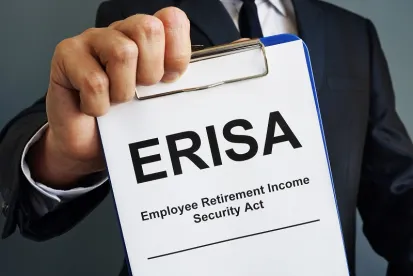Recently, there has been a surge in ERISA class actions seeking to hold plan fiduciaries liable for selecting poor or unduly expensive investments. However, a decision by the U.S. Court of Appeals for the Ninth Circuit in Dorman v. Charles Schwab Corp., 934 F.3d 1107 (9th Cir. 2019), may halt the proliferation of these cases. Dorman found that ERISA breach of fiduciary claims must be arbitrated when plan documents contain an arbitration agreement, and an unpublished companion decision enforced a class action wavier and held that the plaintiff must pursue any claim in individual arbitration.
Dorman thus allows plan sponsors and other fiduciaries to avoid costly class actions. Moreover, even though ERISA authorizes awards of “reasonable attorney’s fees,” 29 U.S.C. § 1129(g), the limited damages available to individual plaintiffs due to poor investment choices or fees may deter individual arbitrations. While employers may applaud these developments, they should keep in mind that there is a motion for rehearing in Dorman, and that, in 2014, FINRA disciplined a brokerage firm for including a class action wavier in its pre-dispute arbitration agreements with customers, which may deter FINRA members providing investment advice to ERISA plans from enforcing class action waivers.



 />i
/>i
